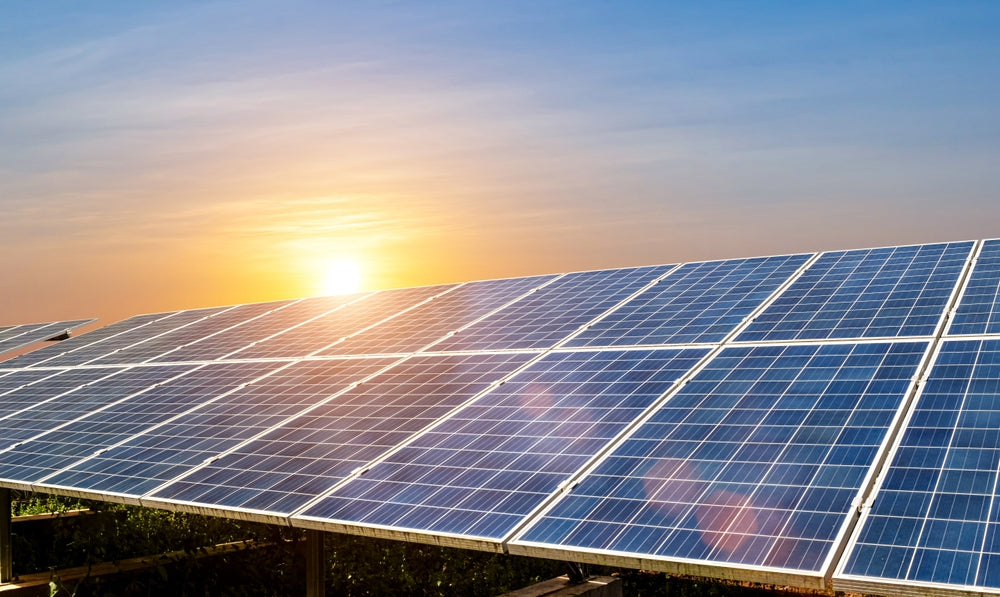
Solar Power and Its Growing Demand in Pakistan
Pakistan is experiencing a growing demand for renewable energy solutions. With increasing electricity costs and frequent power shortages, both individuals and industries are turning to solar panels as a sustainable and cost-effective option. China, being the largest manufacturer of solar products, naturally becomes the first choice for sourcing.
Importing solar panels from China is a smart decision for businesses and project developers in Pakistan, especially when you're seeking affordability, cutting-edge technology, and a wide range of product types. However, this process involves more than just picking a supplier online. There are logistics, documentation, certifications, and pricing strategies involved. Understanding the steps can help you avoid common mistakes and ensure a smooth experience.
Understand What Type of Panels You Need
Before reaching out to suppliers, it’s crucial to know what kind of solar panels you want to import. China offers a wide variety of technologies, including bifacial solar panel, Jinko solar panel, and astroenergy solar panel products.
Jinko solar panel is one of the most trusted brands globally and is widely used in Pakistan for residential and commercial installations. Astroenergy solar panel is known for its high efficiency in both monofacial and bifacial solar panel variants, making it a popular choice for industrial setups.
Choosing between bifacial solar panel systems and traditional monocrystalline panels depends on your project type, space, and performance expectations. Understanding these differences will not only help you negotiate better with Chinese suppliers but also ensure you meet local demand more effectively.
Find Reliable Suppliers in China
The next step is to identify trustworthy suppliers. While websites like Alibaba or Made-in-China can help, it’s important to verify the supplier’s credentials thoroughly. Look for:
-
Verified supplier status
-
Years of experience in exporting
-
References from buyers in Pakistan or nearby regions
-
Product certifications like TUV, CE, or IEC
Also, ask for datasheets, product warranties, and export documentation samples. Suppliers of Jinko solar panel or astroenergy solar panel often have this ready. Do not hesitate to request videos or live virtual inspections of their manufacturing or packing processes to ensure authenticity.
Once you’ve shortlisted a few suppliers, compare the prices and shipping terms. Quality should always be a higher priority than simply finding the cheapest deal.
Calculate Costs Beyond Just the Panels
Importing isn’t just about the product price. You’ll also need to consider:
-
Freight charges (by sea or air)
-
Customs duties and taxes
-
Local transportation within Pakistan
-
Currency exchange fluctuations
-
Port and clearance charges
Bifacial panels may have slightly higher import taxes due to added weight and dimensions. Therefore, if you're planning to import bifacial solar panel systems or high-end brands like Jinko solar panel, make sure to include packaging weight and volume in your cost analysis.
It’s also wise to work with a freight forwarder or shipping agent who is familiar with solar imports. They can guide you on documentation like the bill of lading, packing list, and commercial invoice, all of which are mandatory during customs clearance in Pakistan.
Understand the Import Documentation Process
To bring solar panels into Pakistan legally, you'll need a set of documents that align with Pakistan Customs and FBR requirements. These typically include:
-
Commercial invoice
-
Packing list
-
Certificate of origin
-
Bill of lading or airway bill
-
Product datasheets
-
Certificate of conformity (if required)
For panels like astroenergy solar panel and Jinko solar panel, you may also need brand authorization letters or pre-shipment inspection reports. Customs clearance becomes smoother when all paperwork is accurate and complete.
Additionally, always double-check HS codes for solar panels. Misclassification can result in fines or delays. If you are unsure, a clearing agent can guide you on correct tariff headings.
Coordinate with Clearing Agents and Freight Forwarders
A reliable clearing agent is essential. These professionals are well-versed in navigating Pakistan’s port procedures and can handle any issues that arise during cargo inspection. Provide your clearing agent with all original documents before the shipment arrives.
Your freight forwarder, on the other hand, should manage coordination with the shipping line, warehousing (if needed), and transport to your warehouse or installation site. Choose professionals with proven experience in handling shipments that contain bifacial solar panel, Jinko solar panel, or astroenergy solar panel units, especially those that require careful handling.
The more organized your team is, the faster you can get your product to market.
Stay Updated on Government Regulations and Incentives
Import policies in Pakistan are subject to change, especially for renewable energy products. Staying informed about SROs (Statutory Regulatory Orders), import duties, and any solar-related tax exemptions can significantly impact your cost.
Sometimes, solar panels may qualify for zero customs duty under renewable energy programs. Similarly, sales tax exemptions for certain project types (like off-grid rural electrification) may apply. Keeping an eye on these developments through your clearing agent or industry networks will help you make informed decisions.
Also, if you're planning to set up a commercial solar venture, you may want to register your project with AEDB or NEPRA for additional benefits.
Final Thoughts
Importing solar panels from China to Pakistan can be a highly profitable venture if done right. With the proper planning, supplier vetting, and paperwork in place, you can bring top-tier products like Jinko solar panel, astroenergy solar panel, and bifacial solar panel models to local markets with confidence.
Whether you’re a startup entering the renewable space or a growing EPC company looking to diversify your product line, understanding the import process is a crucial step. From selecting the right panel type to ensuring legal compliance, each phase plays a vital role in your success.
The good news is, with increasing awareness and government support for clean energy, the solar import business in Pakistan is set to expand further. Now is a great time to take your first step in that direction.








